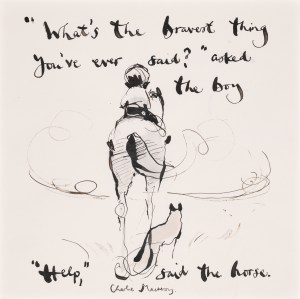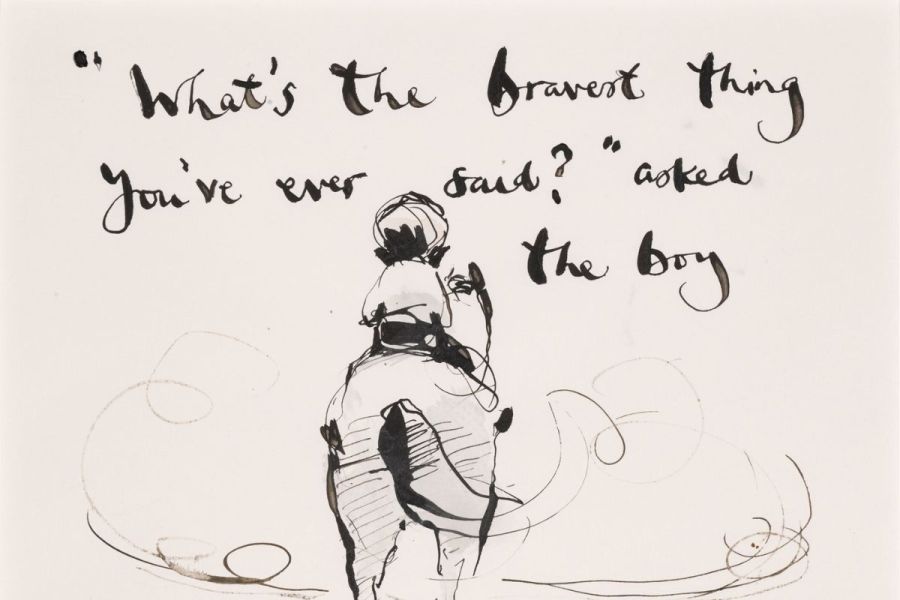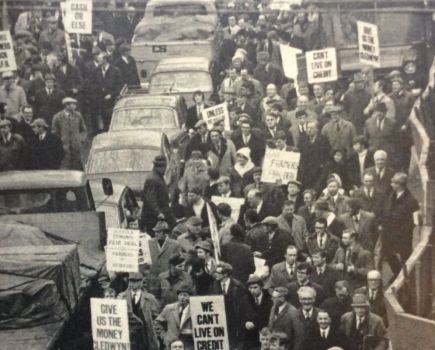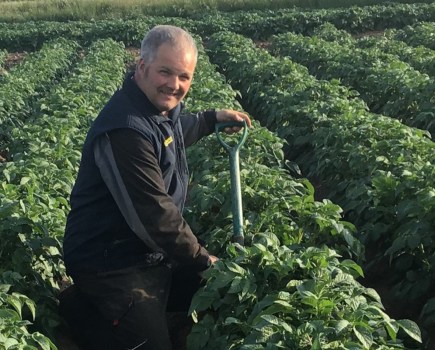By Lucy de la Pasture
“What’s the bravest thing you’ve said?” asked the boy. “Help” said the horse.
I don’t know whether you’ve come across Charlie Mackesy’s book The Boy, the Mole, the Fox and the Horse or caught the film on the telly over Christmas, but it’s certainly something I’ve found really comforting over the past few months.
Asking for help is one of the most difficult things in the world to do – we expect ourselves to cope with whatever life throws at us and we see admitting that sometimes we can’t cope as failure. It isn’t, it’s the opposite of that.
Asking for help isn’t something that comes naturally to most of us. We fear being judged by others without realising that by doing so, we’re actually judging ourselves – our thoughts are coloured by our perception of ourselves being somehow less because things aren’t going great so we assume that’s how other people will perceive us. But mostly all they want to do is help and you’d be surprised how many have actually stood in your shoes.
Many different studies have shown agriculture has high rates of depression and suicide. It’s an occupation which can at times be lonely and is at the mercy of things that can’t be controlled – the weather, the market, and let’s not understate the effect of government policy. The future is full of uncertainty. It’s also high-risk, with huge investment in a crop that has no guarantees and takes months to come to fruition. Cashflow can be a nightmare, interest payments have sored and so have inputs – it all adds up to potentially being mighty stressful.
Farming is also culturally isolated, with fewer and fewer people connected to the land but more and more people with an opinion about how it should be managed. Social media can add to those feeling, even within the farming community. It’s very easy to feel everyone is doing better.
And then there’s life, which has a habit of throwing things at us and sometimes too many things happen all at once and our resilience shatters. Just recently this has happened to me, and I tried to soldier on. But I now realise it’s okay not to be okay. I’ve always been very open about the effects of my brain injury (Last Word, October 2021) and battle with fatigue – it’s not like having a broken leg, being broken on the inside is far harder to understand. When my brain gets too tired then it manifests in a very similar way to depression – feeling overwhelmed, unable to plan ahead, poor memory and the list goes on. It stops you functioning normally. There should be no stigma to this.
Even though my own hidden disability isn’t depression, I feel it’s important to speak freely about not being okay because so many of us aren’t. In farming, poor mental health is 46% higher than in other industries and we lose at least one farmer a week to suicide. Although we’re getting better at talking about mental health issues, there’s still a long way to go. We have to do better.
When things get on top of you, even though you perhaps feel like hiding from the world, talking to people that understand helps. A simple thing like Charlie Mackesy’s book helps and in his words: ‘This storm will pass.’
The Farming Community Network 0300 111999
YANA (You Are Not alone) 0300 3230400


Pictures: Courtesy of Charlie Mackesy
This article was taken from the latest issue of CPM. For more articles like this, subscribe here.




